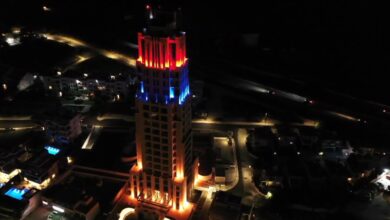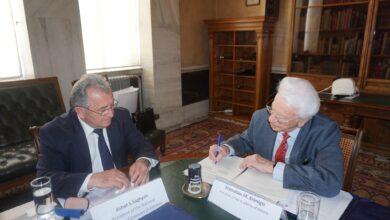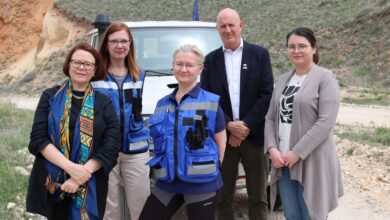Kaspersky Labs spots American spyware on foreign computers

The U.S. National Security Agency has figured out how to hide spying software deep within hard drives made by Western Digital, Seagate, Toshiba and other top manufacturers, giving the agency the means to eavesdrop on the majority of the world’s computers, according to cyber researchers and former operatives.
That long-sought and closely guarded ability was part of a cluster of spying programs discovered by Kaspersky Lab, the Moscow-based security software maker that has exposed a series of Western cyber espionage operations, Reuters reports.
Kaspersky said it found personal computers in 30 countries infected with one or more of the spying programs, with the most infections seen in Iran, followed by Russia, Pakistan, Afghanistan, China, Mali, Syria, Yemen and Algeria. The targets included government and military institutions, telecommunication companies, banks, energy companies, nuclear researchers, media, and Islamic activists, Kaspersky said.
The firm declined to publicly name the country behind the spying campaign, but said it was closely linked to Stuxnet, the NSA-led cyberweapon that was used to attack Iran’s uranium enrichment facility. The NSA is the U.S. agency responsible for gathering electronic intelligence.
A former NSA employee said Kaspersky’s analysis was correct, and that people still in the spy agency valued these espionage programs as highly as Stuxnet. Another former intelligence operative confirmed that the NSA had developed the prized technique of concealing spyware in hard drives, but said he did not know which spy efforts relied on it.
NSA spokeswoman Vanee Vines said the agency was aware of the Kaspersky report but would not comment on it publicly.
Kaspersky on Monday published the technical details of its research, a move that could help infected institutions detect the spying programs, some of which trace back as far as 2001.








